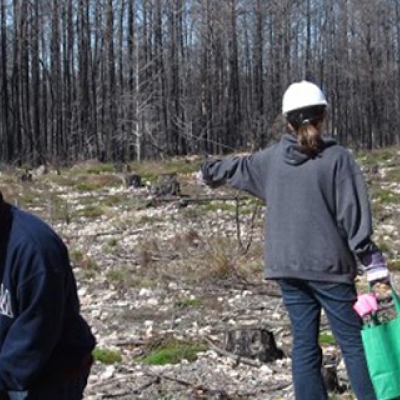
Governing for Stability: What Exactly Is Good Governance, Anyway?
By Worldwatch Institute / On May 21st, 2014
Post by D. Conor Seyle. With Matthew Wilburn King, Seyle is co-author of “Understanding Governance,” a chapter in State of the World 2014. This chapter was included in a recent Foreword Friday excerpt.




